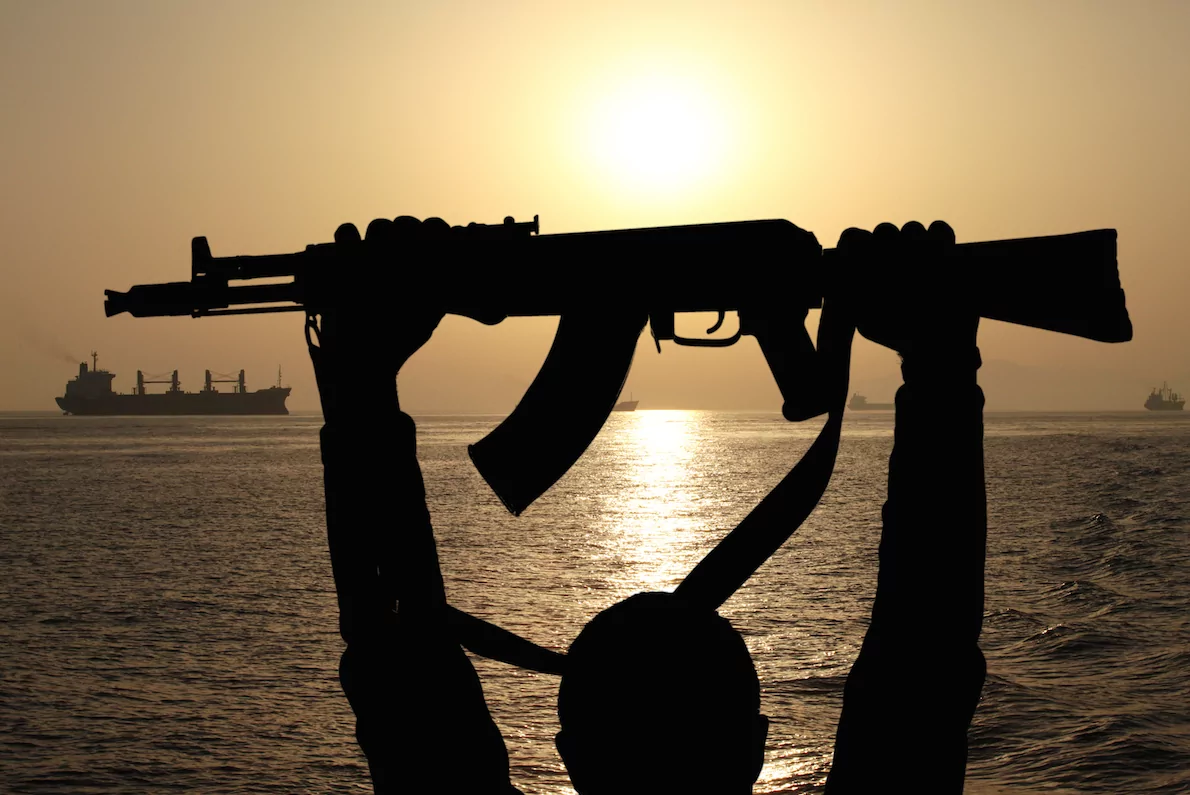Table Of Content

In addition to overt security measures, cruise ships may also employ covert defence tactics to discreetly detect and neutralise pirate threats. Security personnel on cruise ships are responsible for implementing and overseeing security protocols to mitigate the risk of pirate attacks. They work closely with the ship’s captain and crew members to ensure that security measures are properly executed and maintained throughout the voyage.
Do cruise ships get attacked by pirates?
While piracy remains a threat, the industry’s resilience and preparedness are evident in its ability to effectively repel attacks and navigate challenging waters. Collaboration with maritime security forces also extends to ensuring a coordinated response in the event of a potential pirate attack. Cruise ships have established communication protocols and procedures to quickly alert and request assistance from relevant authorities. This ensures a rapid response that maximizes the chances of thwarting an attack and ensuring the safety of passengers and crew members. Onboard surveillance systems, equipped with advanced features like motion sensors and night vision capabilities, enhance the ability to detect and monitor potential pirate activity.
Case Studies of Successful Incidents Avoidance
According to a blog posted by Laura, a passenger currently on board, the crew led their guests through a “Safe Haven drill” designed to deal with the unlikely event that pirates manage to board the mega-ship. Crew members are also trained in security protocols and emergency procedures, ensuring they are prepared for any unexpected situations. The control room, manned by security personnel, serves as the nerve center for monitoring the surveillance cameras and coordinating the response in case of a security threat. This control room is equipped with state-of-the-art technology, allowing security personnel to efficiently manage and access the surveillance system. One of the primary ship hardening techniques is the reinforcement of windows, doors, and barriers.
What measures do cruise lines take to protect against pirate attacks?
Cruise lines must assess the risk and keep abreast of any recent incidents in these areas to ensure the safety and security of their passengers and crew. Pirate activity remains a significant concern in several maritime regions around the world. These areas are known for their vulnerable shipping lanes and proximity to areas with political instability or economic desperation, which often contribute to the rise of piracy. Understanding the specific regions where pirate attacks are more prevalent is crucial for cruise ships to plan their routes and implement appropriate security measures.
They are responsible for keeping a vigilant eye on the screens, looking for any indications of suspicious behavior or unauthorized access. Through real-time monitoring, security personnel can quickly assess the situation and take appropriate action. Modern cruise ships are equipped with a network of surveillance cameras strategically positioned throughout the ship. These cameras are equipped with high-resolution capabilities, allowing for clear and detailed monitoring of various areas, including public spaces, hallways, entrances, and decks. The placement of cameras takes into consideration blind spots and critical areas where pirate access may be more likely. Furthermore, some cruise ships have increased the height of their barriers and implemented anti-boarding measures, such as netting or spikes, to prevent pirates from using grappling hooks or ladders to climb aboard.
This state-of-the-art technology emits a high-pitched, directional noise that can disorient and repel potential attackers. LRAD systems are strategically positioned on cruise ships to create a sonic barrier against pirate threats. The intensity of the sound emitted can be adjusted based on the proximity of the danger, providing a non-lethal yet highly effective means of deterring pirate attacks. Pirate activity remains a concern in maritime regions worldwide, and cruise ships navigate through some of the known hotspots. Understanding these regions and the specific threats they pose allows cruise lines to plan routes and implement appropriate security measures. The Gulf of Aden, the Malacca Strait, and the waters around Nigeria are among the notable areas where pirate activity is prevalent.
‘Has this ever happened to anyone??’: Cruise traveler says ‘real life’ pirates have surrounded her ship - The Daily Dot
‘Has this ever happened to anyone??’: Cruise traveler says ‘real life’ pirates have surrounded her ship.
Posted: Fri, 08 Mar 2024 08:00:00 GMT [source]
Have any cruise ships been attacked by pirates?
Mariner of the Seas has finished its season in Singapore and is now sailing its final two cruises before a massive remodel. After the cruise ship receives a multi-million dollar makeover, the vessel will begin sailing three and four night cruises to the Bahamas from PortMiami. Uploaded by user @trogelstad on March 6, the video depicts scenes from a cruise ship accompanied by dramatic on-screen captions detailing a supposed encounter with pirates.

Iran’s Revolutionary Guard seizes Israeli-linked container ship near Strait of Hormuz
These case studies demonstrate the effectiveness of proactive security measures, including timely communication, surveillance systems, and collaboration with maritime security forces. By promptly detecting and assessing potential threats, and implementing response protocols efficiently, cruise ships can deter pirates and prevent potential attacks from escalating. By employing robust onboard surveillance systems, cruise ships enhance their ability to detect and deter potential pirate threats. Ensuring the safety and security of passengers and crew members aboard cruise ships requires the presence of trained security personnel who are well-prepared to handle potential pirate attacks.
These successful incident avoidance stories highlight the importance of proactive security strategies and the commitment of cruise lines to ensuring the safety of their passengers and crew members. By working hand-in-hand with maritime security forces, cruise lines can leverage the expertise and resources of these agencies to enhance their security measures. This collaboration reinforces the commitment to maintaining a secure environment for passengers and crew members, demonstrating the collective effort in tackling the threat of piracy in maritime regions. By investing in well-trained security personnel and providing them with the necessary tools and knowledge, cruise lines demonstrate their dedication to the safety and security of their guests. The next section will explore the onboard surveillance systems employed by cruise ships to enhance security measures. Through effective communication and coordinated efforts, the cruise ship’s security team relayed the situation to nearby naval forces, who swiftly dispatched a patrol boat to intercept the suspicious boats.
Ocean liners undertake what's known as "line voyages," from point A to B across a large expanse of open water, while cruise ships hug the coast and sail between ports, regularly stopping. One of the key aspects of communication is the implementation of clear and secure channels throughout the ship. Cruise ships are equipped with a reliable communication network that includes intercom systems, radios, cell phones, and other mobile communication devices.
By implementing these physical modifications and deterrents, cruise ships aim to create a substantial barrier against pirate attacks, reducing the risk to passengers, crew members, and the vessel itself. In collaboration with maritime security forces, cruise lines work to strengthen their security measures. They often liaise with local naval authorities and security agencies to gather intelligence and receive updates on pirate activity in the areas they navigate. This cooperation helps cruise lines stay informed and make informed decisions regarding route planning and the implementation of additional security measures. Onboard security teams are trained to detect and deter potential security threats, including piracy.
Many cruise ships also incorporate fencing and razor wire as barriers surrounding the perimeter of the ship. These barriers make it difficult for pirates to climb aboard and act as a visible deterrent. The use of razor wire, when strategically placed, adds an additional level of physical hindrance to impede pirates trying to gain access to the ship. The international community can address the issue of piracy by coordinating efforts to combat piracy, sharing intelligence on maritime security threats, and supporting naval patrols and security initiatives in high-risk areas.

No comments:
Post a Comment